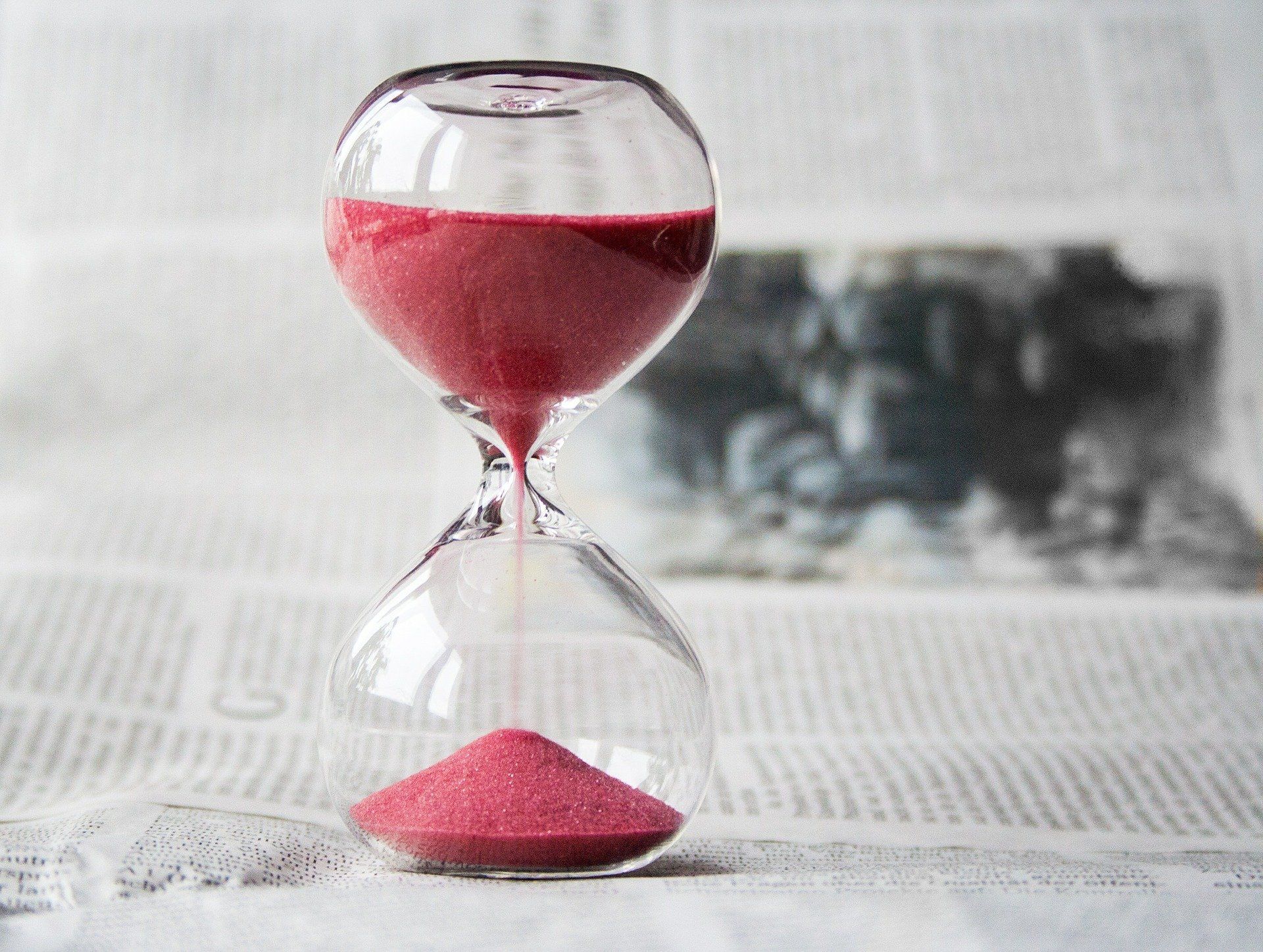6 Ways to Manage your Time Better
Andi's Strategies to Maximize your Time
“There just aren’t enough hours in a day.” If you have ever felt this way, you are not alone. It is true – with all the options and conveniences of our modern world, the demands on our time and energy seem to have increased as well. And while there is no way to create a longer day, there are strategies you can use to make the most of the time you do have. Read on for six ways to manage your time better.
Keep a time journal
Here’s a helpful experiment: for a week, record how you spend your time. One way to do this is to divide the day into half hour blocks, and at the end of each half hour, write down which activity or activities you did and for how long. This will give you a lot of information about how you are spending your time, where time is potentially being wasted, and where you can be more efficient. For example, if you are talking on the phone every day for an hour and also taking walks every day, you might think about combining these two activities.
Learn to “tell time”
Sometimes we have difficulty managing our time because we underestimate how long our activities will take. If you have six things to get done and each one takes even 10 minutes longer than you had planned, that’s a whole hour missing from your day. The best way to remedy this? Awareness and practice. Try estimating how long a given task (cleaning the fridge, mowing the lawn, writing a paper) will take, and then record how long it actually does take. Over time, you will be able to make more accurate estimates and this will help you to manage your time more realistically and effectively.
Write it down
Whether you use a calendar, a to-do list, an app, or some combination, writing things down is a great way to make sure you don’t forget important dates and tasks. Furthermore, it helps free up mental energy to get things done, since you don’t have to hold that information in your memory.
Get organized
Having an organized space to live and work – whether car, locker, desk, closet, room, or house – can have a big impact on your productivity. When you know where things are, you are more efficient. Although this can seem like a daunting task, once you have done the initial organizing, it generally only takes a few minutes a day to keep it that way. A simple example of this that has made a huge difference for me is hanging a small basket near the front door, where I put my keys and wallet the moment I get home. This has saved me a great deal of time and stress, since I never have to frantically look for my keys and wallet anymore as I’m trying to go somewhere.
Identify your procrastination habits
Procrastination is common, and much of the time it is no big deal. However, chronic procrastination can put your work, school, relationships, finances, and health in jeopardy. Most people have preferred behaviours they engage in when they are procrastinating (e.g., cleaning, social media, Netflix, napping) as well as specific thoughts associated with the procrastination (such as “I’m too tired”, “I’ll do it tomorrow”, or “I can’t finish it all now so there is no point starting”). Try to identify what your procrastination habits are and be aware of when you are doing them. Then you can make changes, such as limiting time spent on these behaviours in favour of more important tasks, and challenging your thoughts. For example, to counter the thought, “I can’t finish it all so there is no point starting”, you might respond, “Every minute I work on this now is one less minute I have to do later” or “I know from experience that once I get started, this task will seem less overwhelming”.
Decide to say no
As hard as it may be to accept, we as humans only have so much time and energy. We cannot do everything . An important part of time management is deciding what our priorities are and knowing how to say no to commitments which aren’t important to us or for which we don’t have the time or resources. This can be difficult, especially if you have a hard time turning people down when they ask a favour. If this is the case, you may want to consider working on your assertiveness skills.
A trained counsellor can help you with the skills discussed above, including organization, assertiveness, and overcoming procrastination. CLICK HERE to learn more about what we offer.
About the Author
Having experienced anxiety and depression at a younger age, this helped Andi see the value of compassionate professional guidance. From volunteering at a women’s shelter, to teaching yoga to seniors: Andi has a clear passion for helping people. Read her profile HERE


